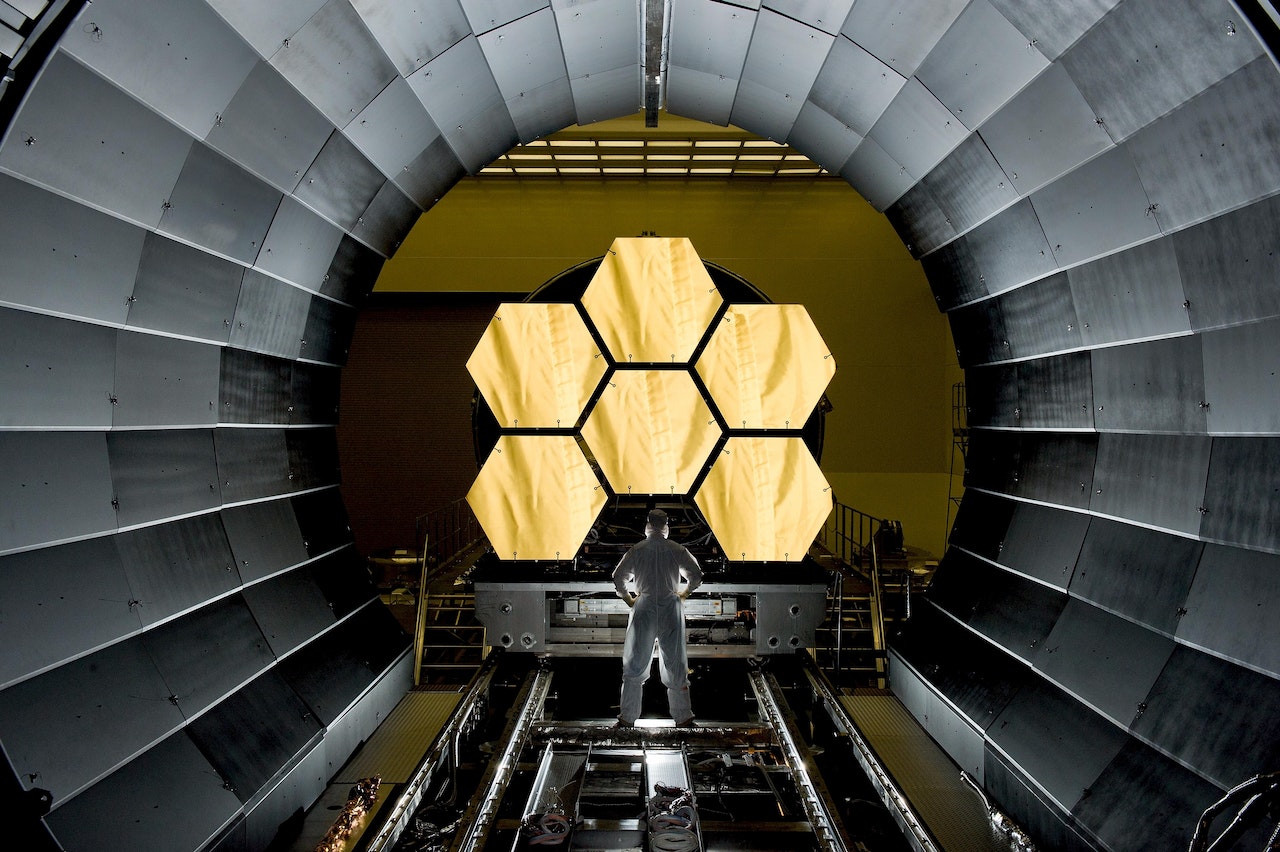#How to Get a Career in Space Tech

Table of Contents
As the space technology sector continues to grow, so does the demand for skilled professionals who can contribute to the exciting advancements in space exploration. It is an industry full of innovation and is at the forefront of all technological developments.
If you’re ready to embark on a journey that’s truly out of this world, read on to learn how to launch your space tech career.
What is the Space Tech Industry, and Why is it Important?
The space tech industry encompasses various activities related to designing, developing, producing, and operating spacecraft, satellites, and related technologies.
It includes government agencies like NASA and private companies like SpaceX, Blue Origin, and Virgin Galactic. They all have one common goal: exploring space and increasing access to space travel. The space industry involves intense research and development in astronomy, astrobiology, and materials science.
Benefits & Challenges
Working in the space tech industry offers numerous benefits, such as working on cutting-edge technologies, making ground-breaking discoveries, and advancing humanity’s understanding of the universe. There is great contentment in knowing that your job contributes to the betterment of society.
However, it also presents challenges like tight deadlines, high-pressure environments, and long hours. There is a high chance you’re often relocated to work at headquarters so you might also be keeping away from family while working!
Current & Future Prospects
Some of the most exciting trends in space tech include commercial space tourism, reusable rockets, satellite constellations for global internet coverage, and plans for human settlement on Mars. As technology advances, the possibilities for space exploration will only grow, making it a fascinating field to be a part of.
How to Get a Career in Space Tech
The Skills and Qualifications Required
The skills and qualifications required for space jobs depend on the specific role you’re interested in. Standard fields include aerospace engineering, astrophysics, computer science, and materials science. Many positions require at least a bachelor’s degree in a relevant area, while some may require a master’s or doctoral degree.
Networking
To gain experience and network in the space field:
- Consider participating in internships, research projects, or volunteering opportunities at organizations involved in space tech.
- Attend conferences, workshops, and industry events to meet like-minded individuals and learn about the latest advancements in the field.
- Join professional organizations and online forums to connect with others who share your passion for space.
Finding Opportunities
Start by researching companies and organizations in the space tech industry and monitor their websites and social media channels for job openings. Utilize job search engines and platforms that specialize in space-related opportunities. Tailor your resume and cover letter to highlight your relevant experience and skills and be prepared to showcase your passion for space tech during interviews.
How to Succeed in a Career in Space Tech
Roles and Responsibilities
Space tech professionals, such as aerospace engineers, satellite systems engineers, astrophysicists, or mission control specialists, can hold various roles. Each position has unique responsibilities, from designing spacecraft to analyzing data from space missions, and requires a strong understanding of the specific field.
Adjusting to the Environment
The space tech industry is known for its fast-paced, high-pressure work environment and collaborative and innovative culture. Professionals in the field must adapt to changing priorities, think critically, and work effectively within teams to solve complex problems.
It is a field that focuses on long-term learning and impact so if it’s an industry you’re interested in, it’s not something you would work on for a few years and leave. It does need your lifelong dedication!
Best Practices & Advice
To advance your career in space tech:
- Focus on continuous learning and professional development.
- Stay updated on industry trends and advancements and seek opportunities to expand your skill set through additional training, certifications, or higher education.
- Network with professionals in the field and maintain a solid online presence to showcase your expertise and passion for space tech.
Conclusion
The space industry provides many exciting and rewarding career opportunities if you have the right skills, experience, and passion for working at the cutting edge of science and technology. With hard work and persistence, you can achieve your dream of helping expand your exploration of the cosmos.
by Samantha Higgins
If you liked the article, do not forget to share it with your friends. Follow us on Google News too, click on the star and choose us from your favorites.
For forums sites go to Forum.BuradaBiliyorum.Com
If you want to read more like this article, you can visit our Technology category.




